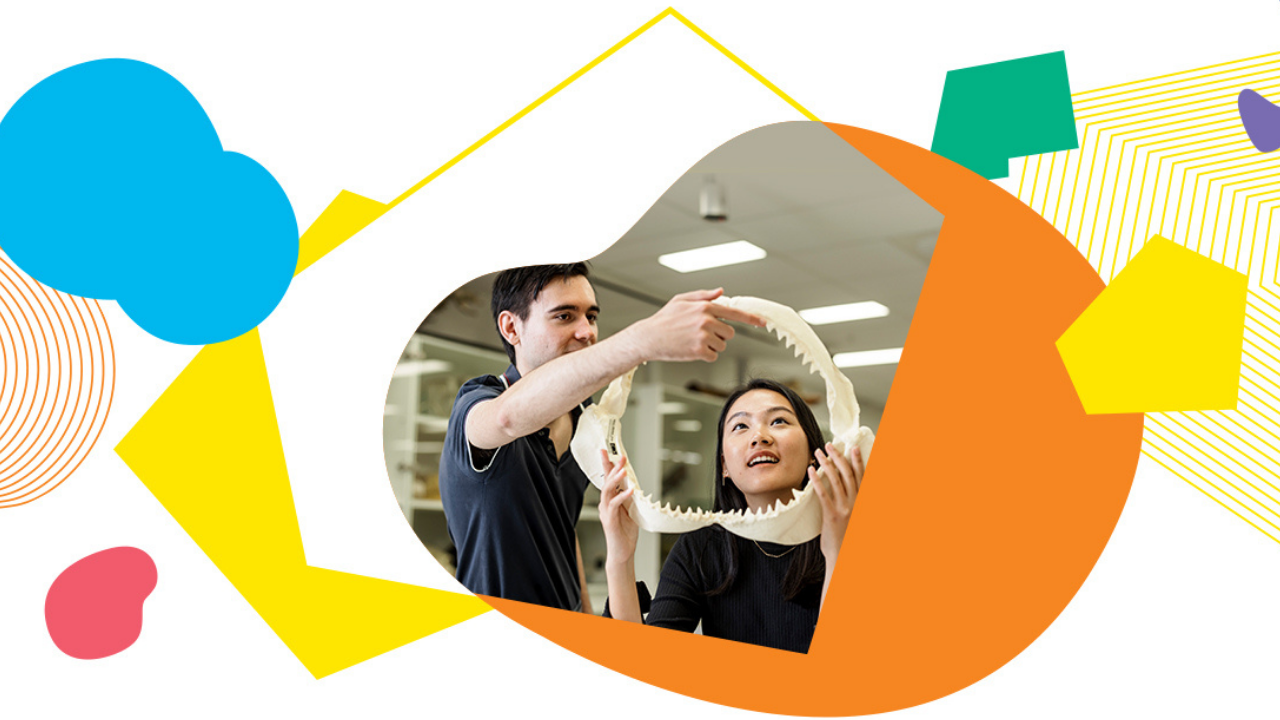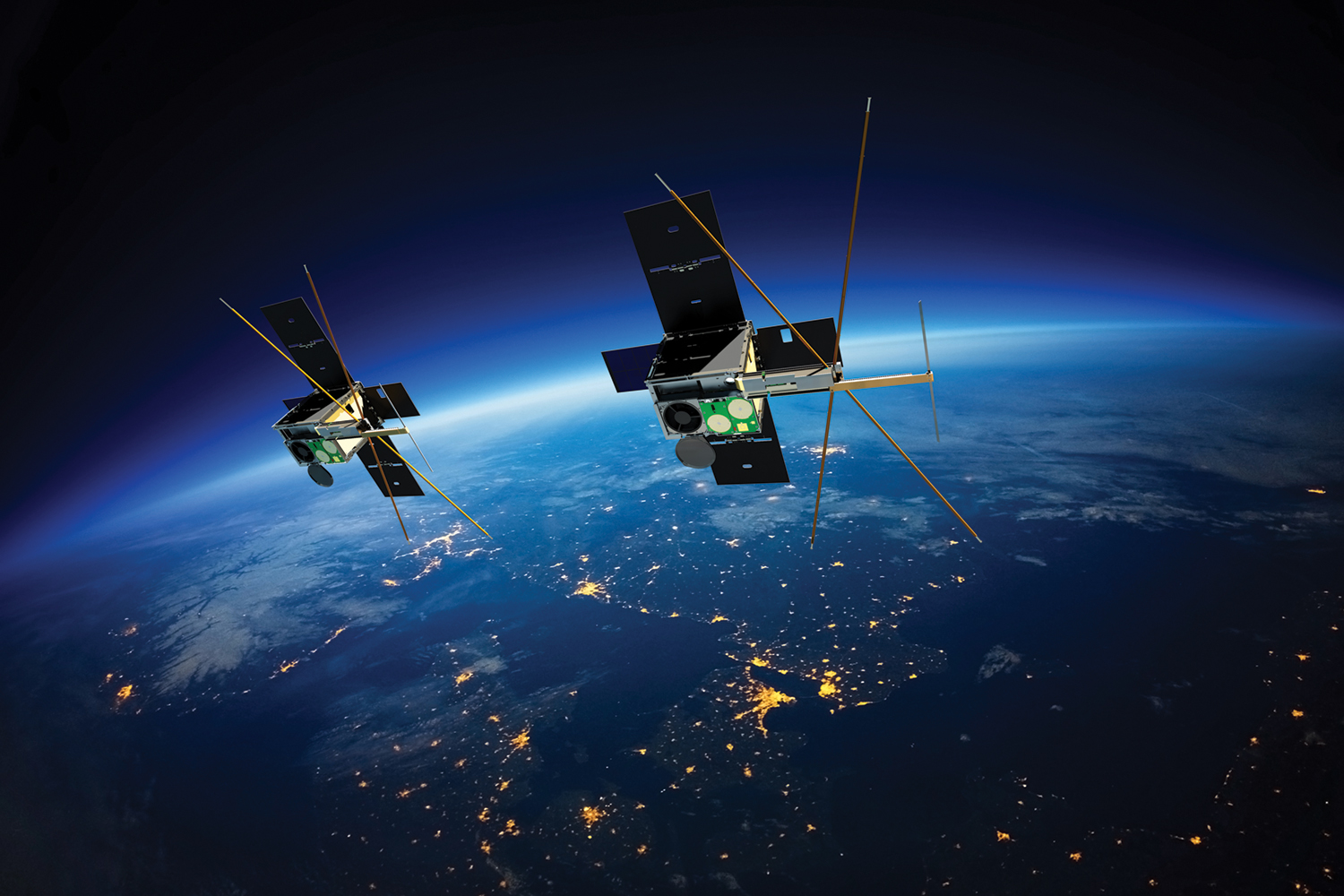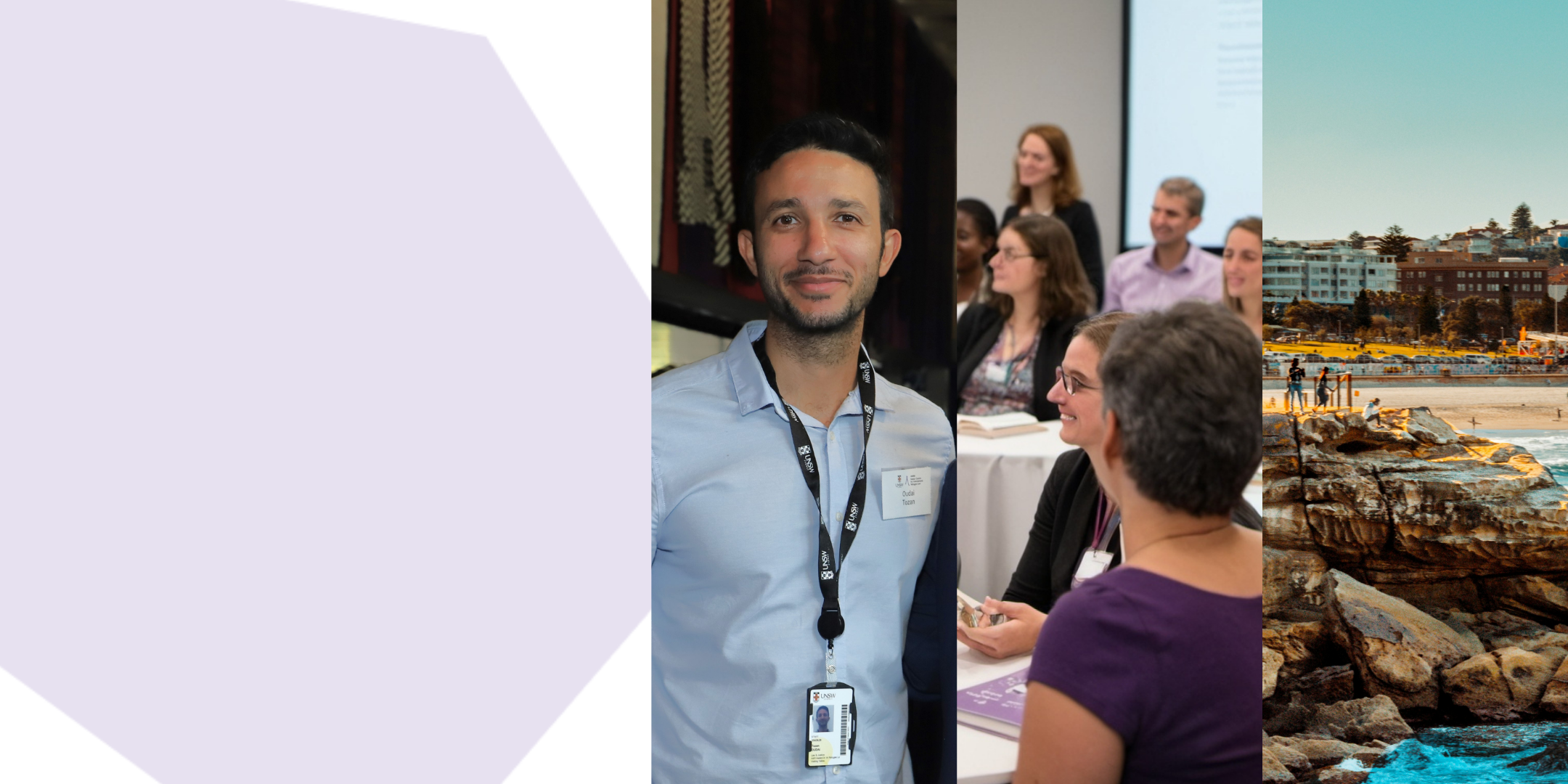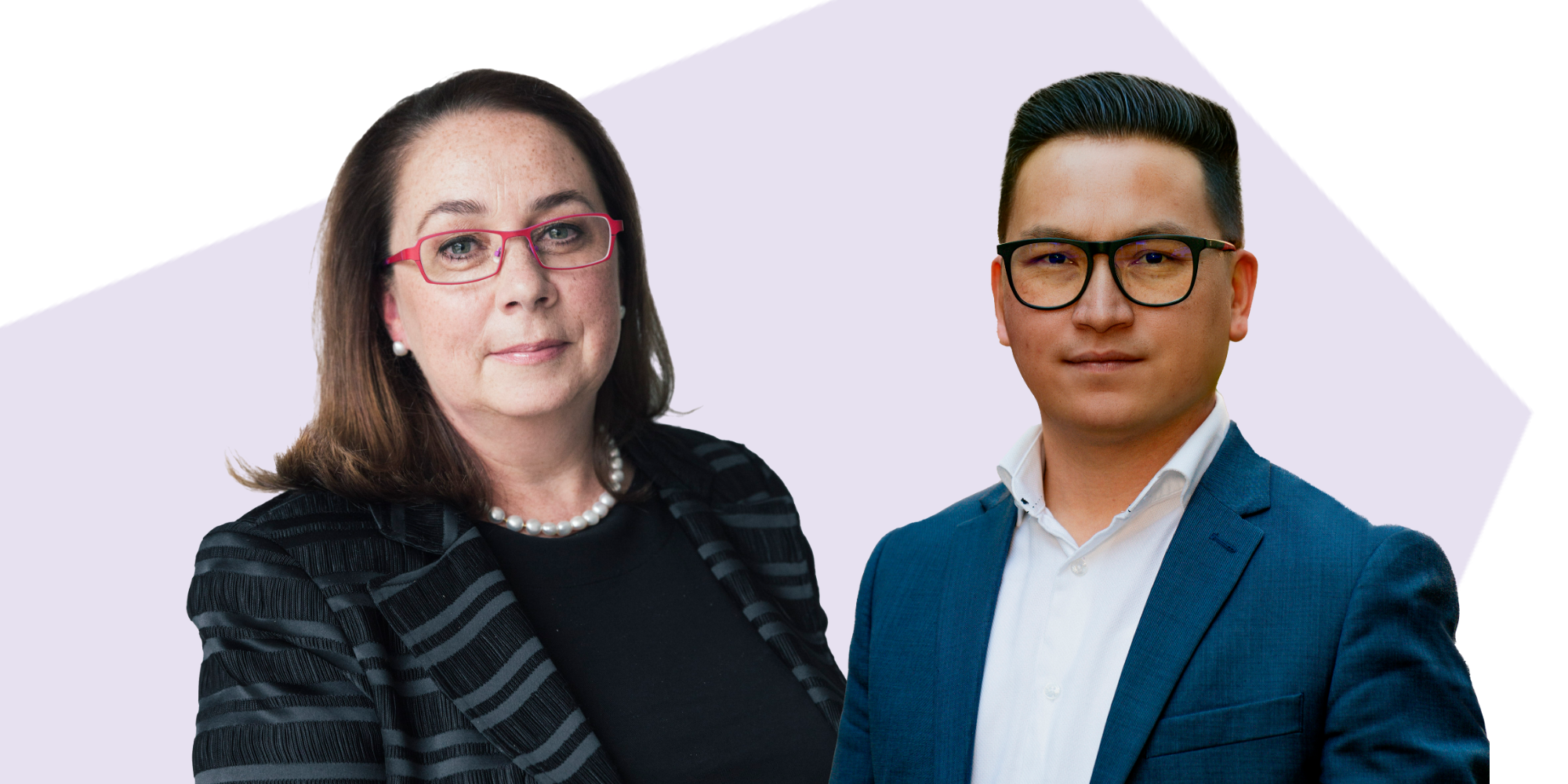Kaldor Centre Conference 2022, 'Turning points: New directions in refugee protection'
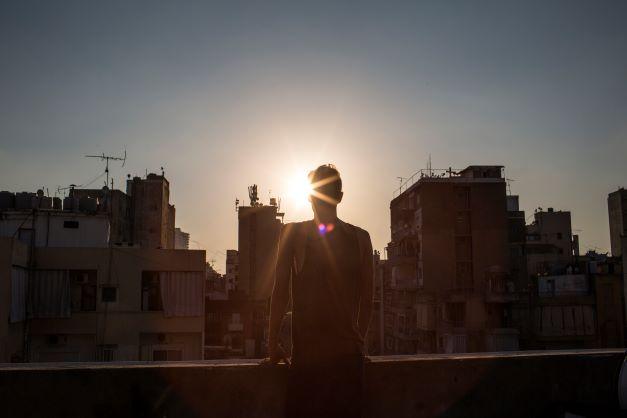
Power shifts are under way from Kyiv to Kigali, Canberra to Canada, Washington to Wellington. How will these changing global dynamics reshape refugee law and the lives of people seeking safety? Are longstanding principles of international law being reaffirmed, or are new forms of protection and assistance emerging?
The 2022 Kaldor Centre Conference, 'Turning points: New directions in refugee protection', will bring together experts from around the world to shed light on recent developments and analyse what they mean for the future of international protection.
Will the welcome for refugees from Ukraine last, and how will it impact people seeking safety from other conflicts? How has COVID-19 transformed resettlement, humanitarian assistance and the lives of those already living in precarious situations? Can we create a more constructive public discourse about people seeking asylum? Will externalised refugee processes spread and elude accountability? How will today’s refugee ‘participation revolution’ influence decision-making tomorrow?
Build your ideal Kaldor Centre Conference program from:
- Six virtual panel sessions, including analysis of Ukraine, COVID-19, refugee participation, ‘offshoring’, and the public conversation about refugees, featuring speakers and thought-leaders from around the world;
- In-person closing event with The Hon Andrew Giles, Australia’s Minister for Immigration, in conversation with lawyer and former refugee Nyadol Nyuon OAM;
- In-person networking reception;
- Hybrid interdisciplinary scholars’ workshop.
Evidence, experience and innovation are vital when so much is in flux. At this moment of change, invigorate your thinking at the 2022 Kaldor Centre Conference.
The Kaldor Centre for International Refugee Law provides a bridge between scholarship, policy and practice, and our annual conference is open to anyone interested in finding legal, sustainable and humane solutions for displaced people around the world.
View the virtual panel session recordings below:
Kaldor Centre Director Jane McAdam AO's opening address, Turning points in international protection: Onwards and upwards, or u turns and roundabouts?
-
Watch the video on youtube.
-
Listen to the podcast on soundcloud through itunes.
Covid's lasting effects on refugee protection
-
Watch the video on youtube.
-
Listen to the podcast on soundcloud through itunes.
Catalysing meaningful refugee participation: Next steps and ongoing challenges
-
Watch the video on youtube.
-
Listen to the podcast on soundcloud through itunes.
Is Ukraine a turning point for people seeking safety?
-
Watch the video on youtube.
-
Listen to the podcast on soundcloud through itunes.
A better conversation: Changing the public discourse about refugees
-
Watch the video on youtube.
-
Listen to the podcast on soundcloud through itunes.
Secrecy somewhere else: Accountability for the ‘externalised’ treatment of refugees
-
Watch the video on youtube.
-
Listen to the podcast on soundcloud through itunes.
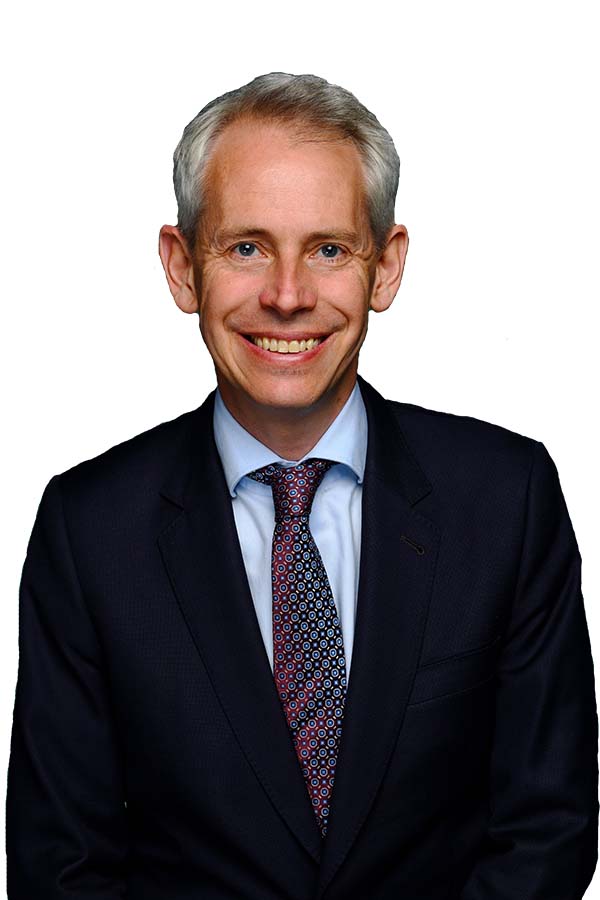
The Hon Andrew Giles MP
Minister for Immigration, Citizenship and Multicultural AffairsAndrew Giles is the Albanese Government's Minister for Immigration, Citizenship and Multicultural Affairs and is the Federal Member for Scullin in Melbourne's north.
Since his election in 2013, Andrew served as the Shadow Assistant Minister for Schools between 2016 and 2019, before serving as the Shadow Minister for Cities and Urban Infrastructure and Shadow Minister for Multicultural Affairs from 2019 to 2022.
Prior to his election to Parliament, Andrew worked as a Principal lawyer at Slater and Gordon and as a Senior Associate at Holding Redlich.
Andrew lives in Melbourne with his wife and two children, enjoys reading and running, and is an avid supporter of the Carlton Football Club.
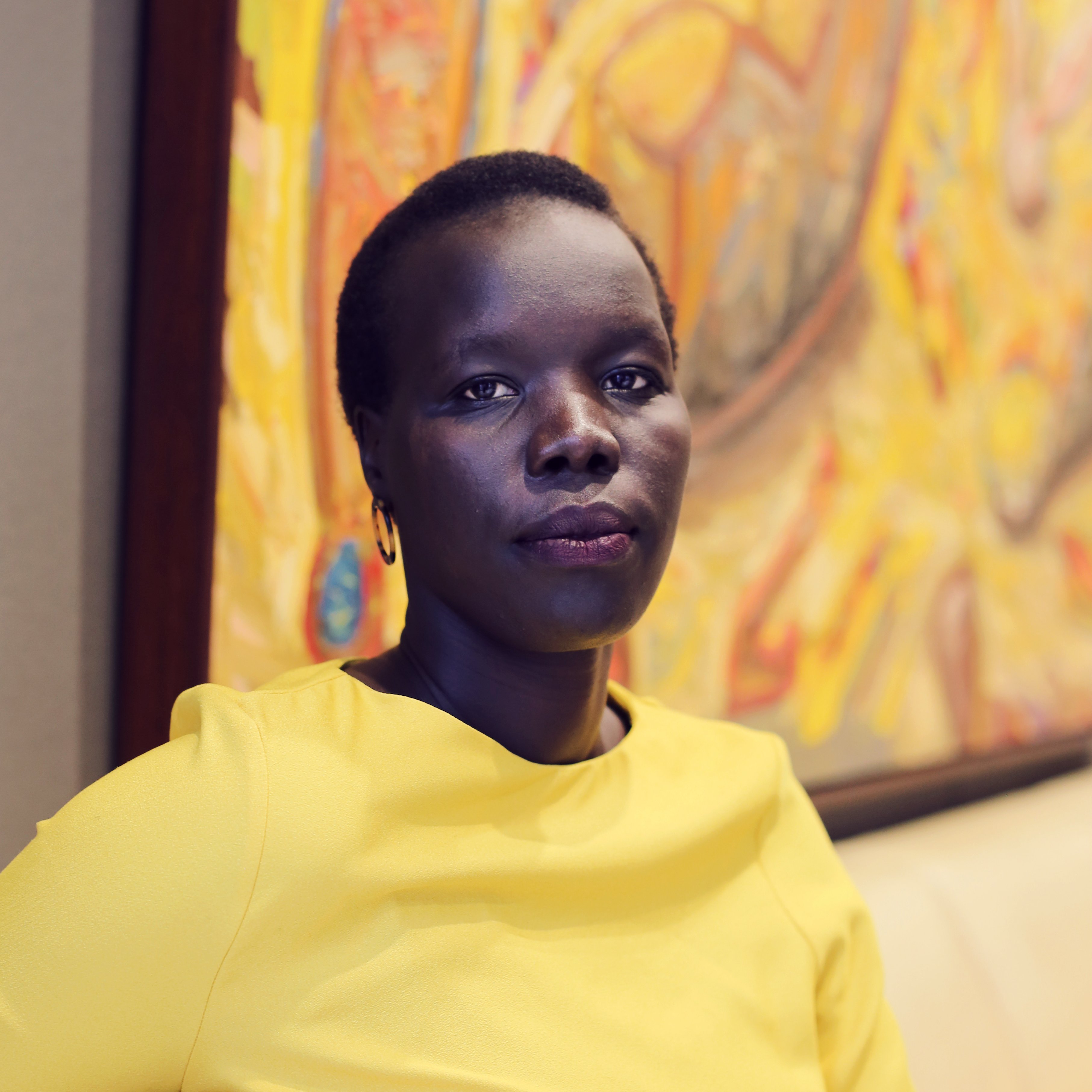
Nyadol Nyuon OAM
Lawyer and former refugeeNyadol Nyuon OAM is lawyer and media commentator and the Executive Director of the Sir Zelman Cowen Centre at Victoria University. Nyadol is also the Chair of the Harmony Alliance, a national advocacy body for migrant and refugee women. Her work centres on legal reform, social justice, human rights and the rights of people with refugee experiences and those seeking asylum.
Nyadol was born in a refugee camp in Itang, Ethiopia, and raised in Kakuma Refugee Camp, Kenya. At the age of 18 in 2005, she moved as a refugee to Australia, where she pursued and completed a Bachelor of Arts and Juris Doctor.
She is a regular contributor to the ABC and The Guardian, and she is also a passionate public speaker. In 2020 she delivered an address at the National Press Club calling for a revolutionary reimagining of multiculturalism in Australia and calling out prejudice. She was a finalist nominee for the 2022 Victoria Australian of the Year Awards.
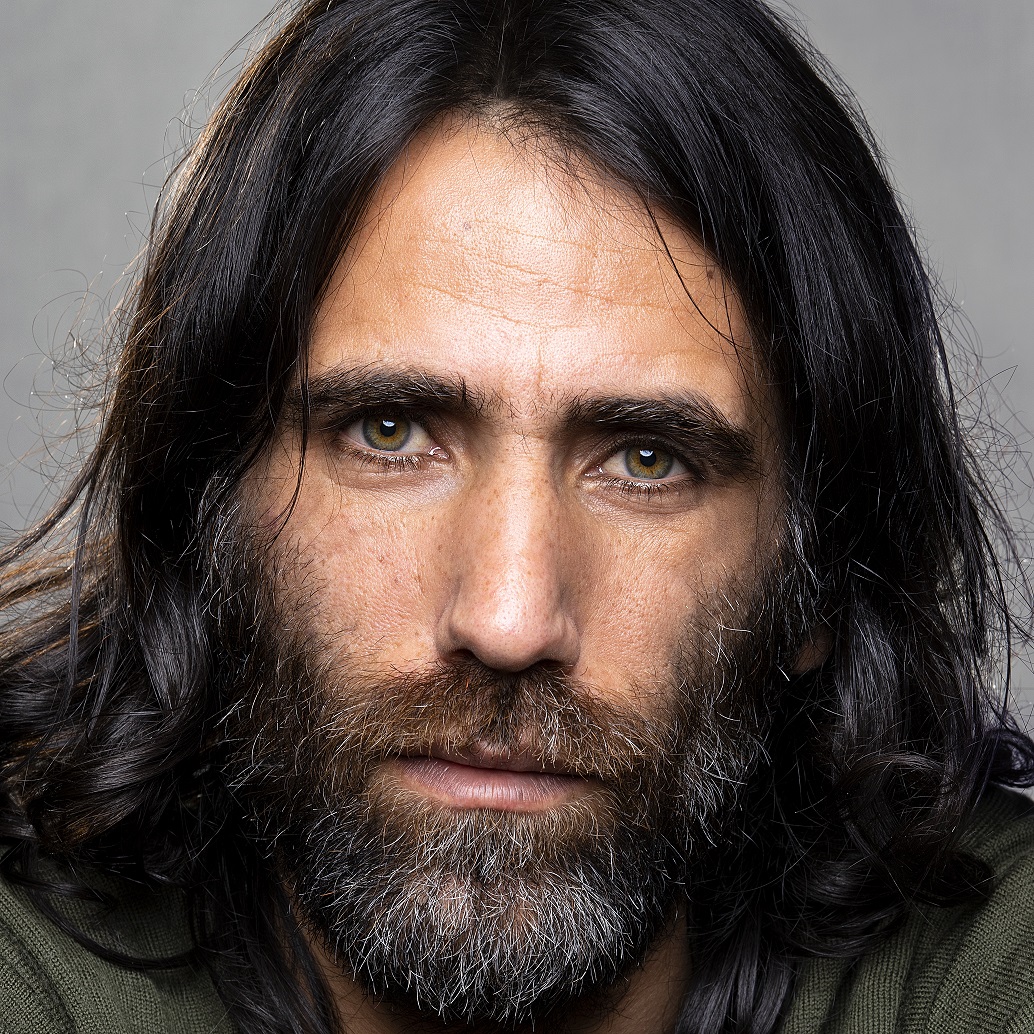
Behrouz Boochani
Author, journalist, scholar and filmmakerBehrouz Boochani is a Kurdish-Iranian writer, journalist, scholar, cultural advocate and filmmaker. He was a writer and editor for the Kurdish language magazine Werya in Iran. He is a Visiting Professor, Birkbeck Law School; Associate Professor in Social Sciences at UNSW; non-resident Visiting Scholar at the Sydney Asia Pacific Migration Centre (SAPMiC), University of Sydney; Honorary Member of PEN International; and winner of an Amnesty International Australia 2017 Media Award, the Diaspora Symposium Social Justice Award, the Liberty Victoria 2018 Empty Chair Award, and the Anna Politkovskaya award for journalism. He publishes regularly with The Guardian, and his writing also features in The Saturday Paper, Huffington Post, New Matilda, The Financial Times and The Sydney Morning Herald. He is also co-director (with Arash Kamali Sarvestani) of the 2017 feature-length film Chauka, Please Tell Us The Time; and collaborator on Nazanin Sahamizadeh’s play Manus. His book, No Friend But The Mountains: Writing From Manus Prison (Pan Macmillan, 2019) won the 2019 Victorian Prize for Literature in addition to the Nonfiction category. He has also won the Special Award at the NSW Premier’s Literary Awards, the Australian Book Industry Award for Nonfiction Book of the Year, and the National Biography Prize.
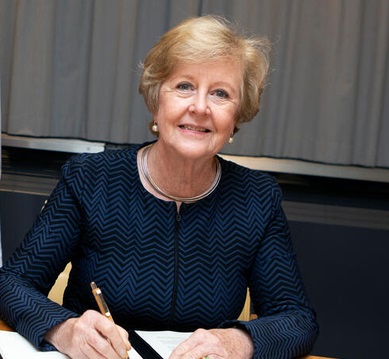
Gillian Triggs
Assistant High Commissioner for Protection, UNHCRGillian Triggs is Assistant High Commissioner for Protection at UNHCR, taking up her appointment in September 2019. She is a public international lawyer who has held a number of appointments in service to human rights and the refugee cause, including as President of the Australian Human Rights Commission. She oversees UNHCR’s protection work in support of millions of refugees, asylum-seekers, those who have been forcibly displaced within their own country and stateless. A dual national of Britain and Australia, she has held a number of leadership roles, including as Director of the British Institute of International and Comparative Law in London, President of the Asian Development Bank Administrative Tribunal, Chair of the UN Independent Expert Panel of Inquiry into Abuse of Office and Harassment in UNAIDS, Dean of the Faculty of Law and Challis Professor (Emerita) of International Law at the University of Sydney, and Professorial Fellow of the University of Melbourne. She has supported many not-for-profit groups, including most recently as Chair of Justice Connect, which connects 10,000 lawyers to provide pro bono advice to asylum-seekers and others needing legal support. She is also the author of many books and papers on international law, including International Law: Contemporary Principles and Practice (2nd ed, LexisNexis, 2011) and Speaking Up (Melbourne University Press, 2018). In July 2021, she was awarded a Ruth Bader Ginsberg Inaugural Medal of Honour in recognition of her fight for the rule of law and gender equality.
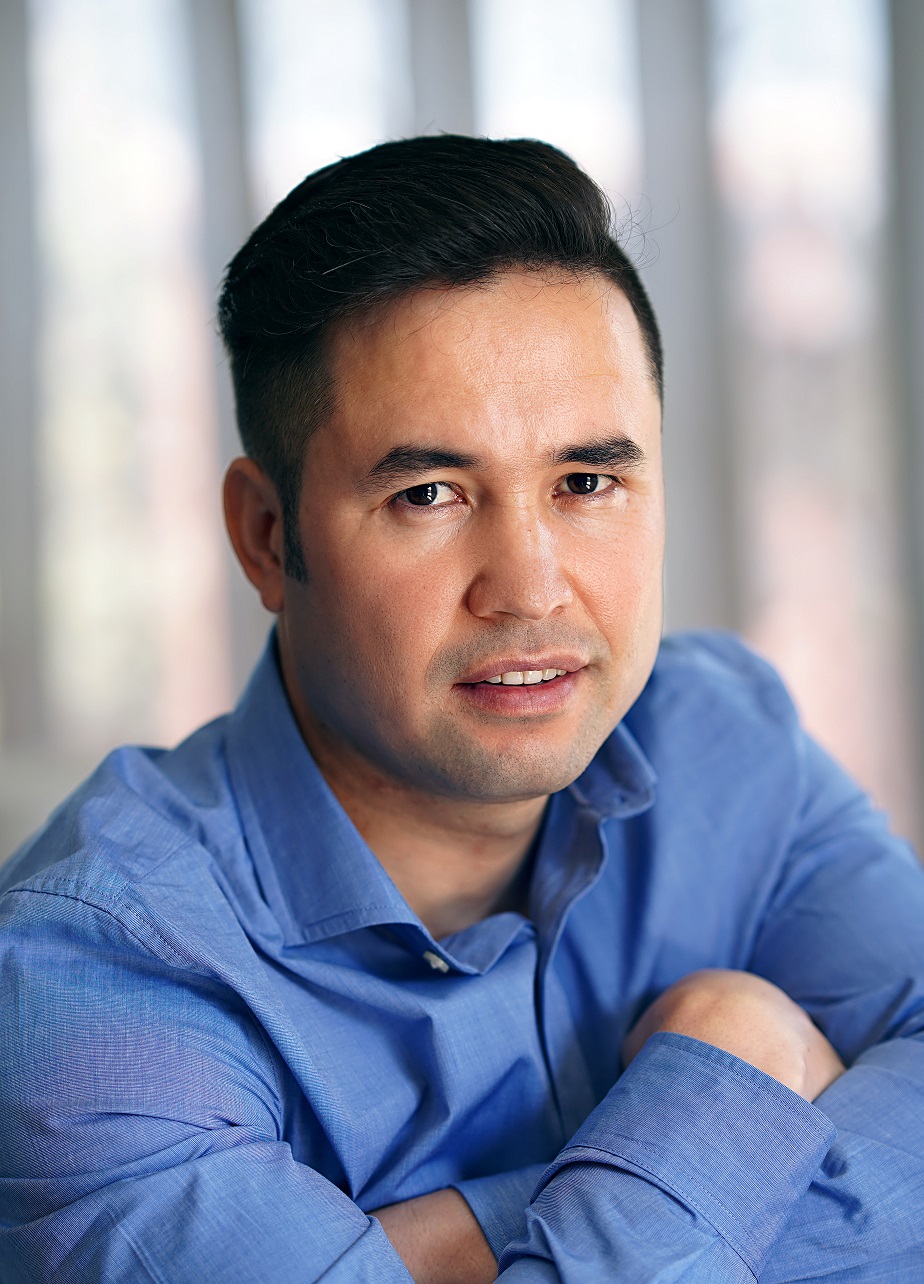
Barat Ali Batoor
Photojournalist and filmmakerBarat Ali Batoor is a multi award-winning photographer and filmmaker. Batoor launched his first solo exhibition in 2007, and his photographs have been exhibited across the world including the US, Europe, Asia and Australia. His works have been published in The Washington Post, Newsweek, Wall Street Journal, The Guardian, Stern, India Today, Risk Magazine, The Global Mail, The Daily Mail, The West Australian, Strategic Review and others. He was the 2009 recipient of a photography grant from New York’s Open Society Institute for the project 'The Dancing Boys of Afghanistan'. He is the winner of Nikon-Walkleys Photo of the Year 2013 award as well as a winner in the Photo Essay category. He was also awarded a Communication for Social Change Award by the University of Queensland. His documentary film ‘Batoor: A Refugee Journey’ won Best Director at the Melbourne Documentary Film Festival. The film was also nominated for the 2021 Walkley Documentary Award. Batoor currently works as a freelance photographer and teaches photojournalism at RMIT University in Melbourne, Australia. He is also the recipient of RMIT’s Dean award for an Exemplary Sessional Staff Member 2021.
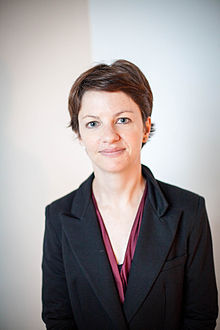
Amanda Ripley
Journalist and authorAmanda Ripley is a New York Times bestselling author, an investigative journalist and host of the Slate podcast How To! She’s also the co-founder of Good Conflict, a company that creates workshops and original content to help people get smarter about how they fight. Amanda has spent her career trying to make sense of complicated human mysteries, from how people get out of dysfunctional conflicts to how countries educate virtually all their kids to think for themselves. Amanda’s most recent book is High Conflict: Why We Get Trapped and How We Get Out (Simon & Schuster, 2021). Her previous books include The Unthinkable: Who Survives When Disaster Strikes—and Why, and New York Times bestseller The Smartest Kids in the World, both of which were turned into documentary films. She recently reported for Politico about members of Afghanistan's Female Tactical Platoon who were evacuated to the United States, in 'The Untold Story of the Afghan Women Who Hunted the Taliban'. For the Atlantic Magazine and other outlets, she has written feature stories on how journalists could do a better job covering controversy in an age of outrage, amongst other issues. In her writing, Amanda combines storytelling with data to help illuminate hard problems—and solutions.
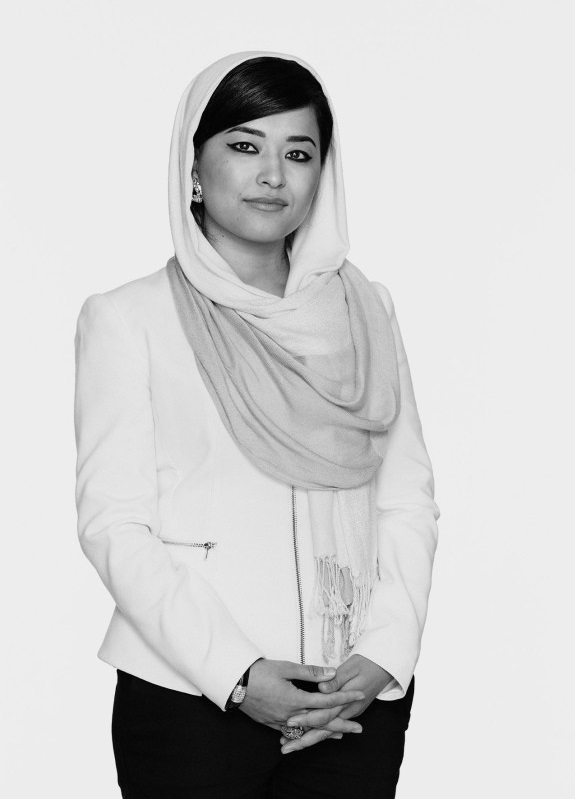
Najeeba Wazefadost
Executive Director, Asia Pacific Network of RefugeesNajeeba Wazefadost is a former refugee from Afghanistan who holds a Bachelor of Medical Science. She is Executive Director of the Asia Pacific Network of Refugees. She co-founded the Global Refugee-Led Network and is a founding member of GIRWL (Global Independent Refugee Women Leaders). Najeeba has been actively involved in the development of refugee-led networks at both the regional and global level, which focuses on bringing together refugee and migrant-led organizations and refugee change-makers from around the world to gather to discuss their lived experiences and propose solutions for more effective and sustainable refugee policy. She is an advocate, educator, public speaker, and researcher. Through all her work, she prioritises and amplifies the voices, experiences, and aspirations of those most directly impacted.
